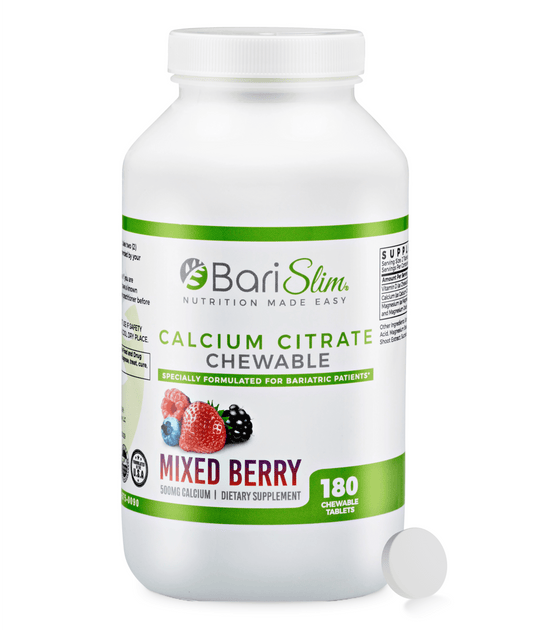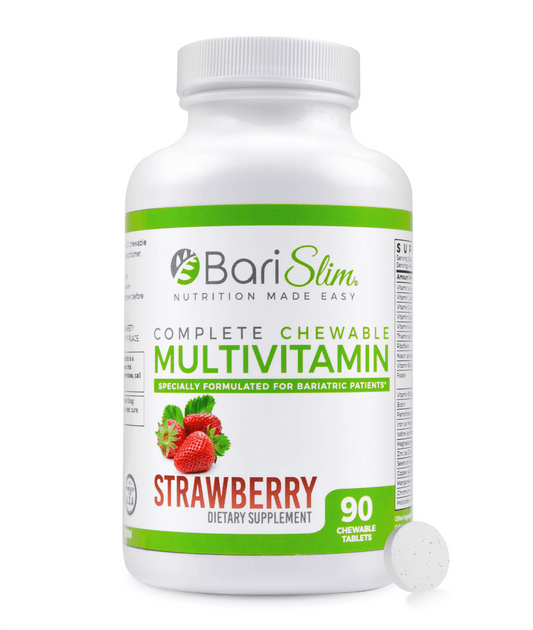Weight loss surgery is often considered a last resort endeavor. Losing weight can contribute greatly to health, confidence, and quality of life, so bariatric surgery can be life-changing and life-saving, especially when the amount a patient needs to lose is simply overwhelming.
The surgery itself, though, is merely step one in a larger process. Eating well post-surgery requires planning and discipline, so begin your new life with a bariatric cookbook, either purchased or compiled, filled with bariatric diet recipes you’ll enjoy making and eating, all of the cooking gear you’ll need, and an accountability plan to help with learning new habits.
Gather the Tools
After bariatric surgery, eating becomes key. The smaller sized digestive tract complicates the physical process of digestion, so the return to consuming regular textured foods will be a process, starting with liquids and building gradually to thicker foods. Prepare for bariatric surgery by making sure that you have the tools you’ll need.
Appropriate bariatric cookery to prepare for recovery will include the following:
- Blender
- Scale
- Measuring spoons and cups
- Shake maker for protein powder preparation
- Food preservation plasticware for meal prep and planning
- Crockpot
- Vegetable spiralizer
Choose the Right Ingredients
Whether you keep a gastric bypass cookbook handy or rely upon the web as your source for post bariatric surgery recipes, having the right ingredients on hand will be key to pulling together healthy meals.
Protein will be the primary nutritional goal for bariatric eating, so recipes will often include eggs, meat, fish, and other high protein items. When choosing cuts of meat, always go lean, and remove any skin or fat before cooking. Low-fat dairy items are preferable to full-fat, and Greek yogurt is a protein packed alternative to the sugar-filled regular option. Ingredients to avoid include sugar, carbonation, caffeine, and alcohol.
The grocery shopping experience following bariatric surgery will be far different. You must read labels. It will be quite a while before you’re allowed to consume complex carbohydrates, and you should avoid anything that has sugar, or one of its common names, as one of the first five ingredients. This includes products with corn sugar or sweetener; any sort of sugar; and ingredients ending with -ose, such as glucose, sucrose, or fructose.
Preparation – The Best Defense
The most effective way to remain dedicated to your bariatric eating plan is to prepare well. Rather than wait for a busy weeknight when fast food can beckon to your schedule and your appetite, take advantage of a slow day off by preparing and freezing meals in advance. Even if you run into a situation where time is short, you’ll be ready.
When you decide that it’s time to pull the trigger and schedule your bariatric procedure, you should begin educating yourself about nutritional expectations that come along with the surgery. Failing to stick to these guidelines has consequences that go beyond failure of the surgery. The GI tract will be different to the point that discomfort and complications could also occur. By learning to eat the bariatric way, your weight loss will be maximized and sustained.



 Order Free Sample
Order Free Sample





